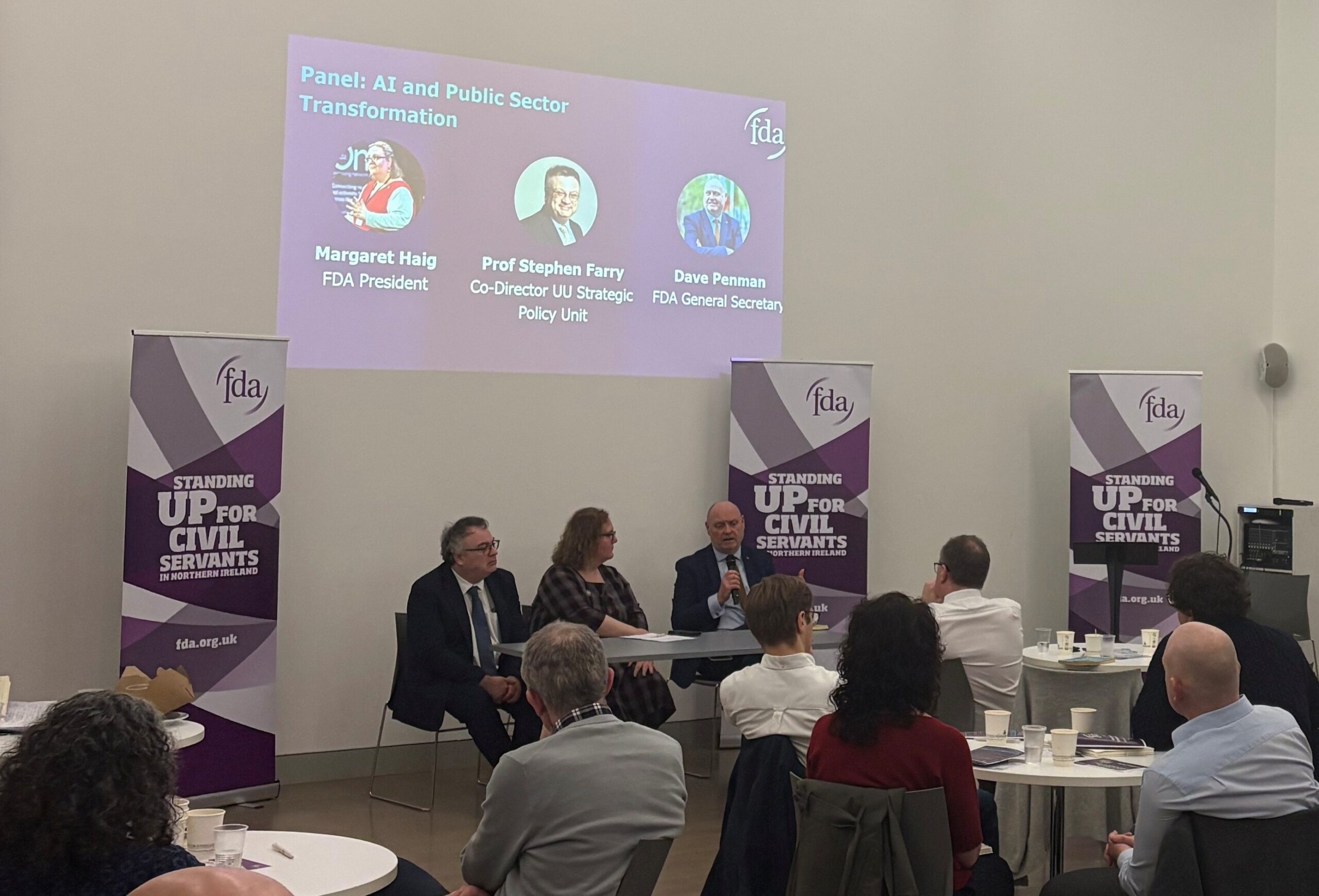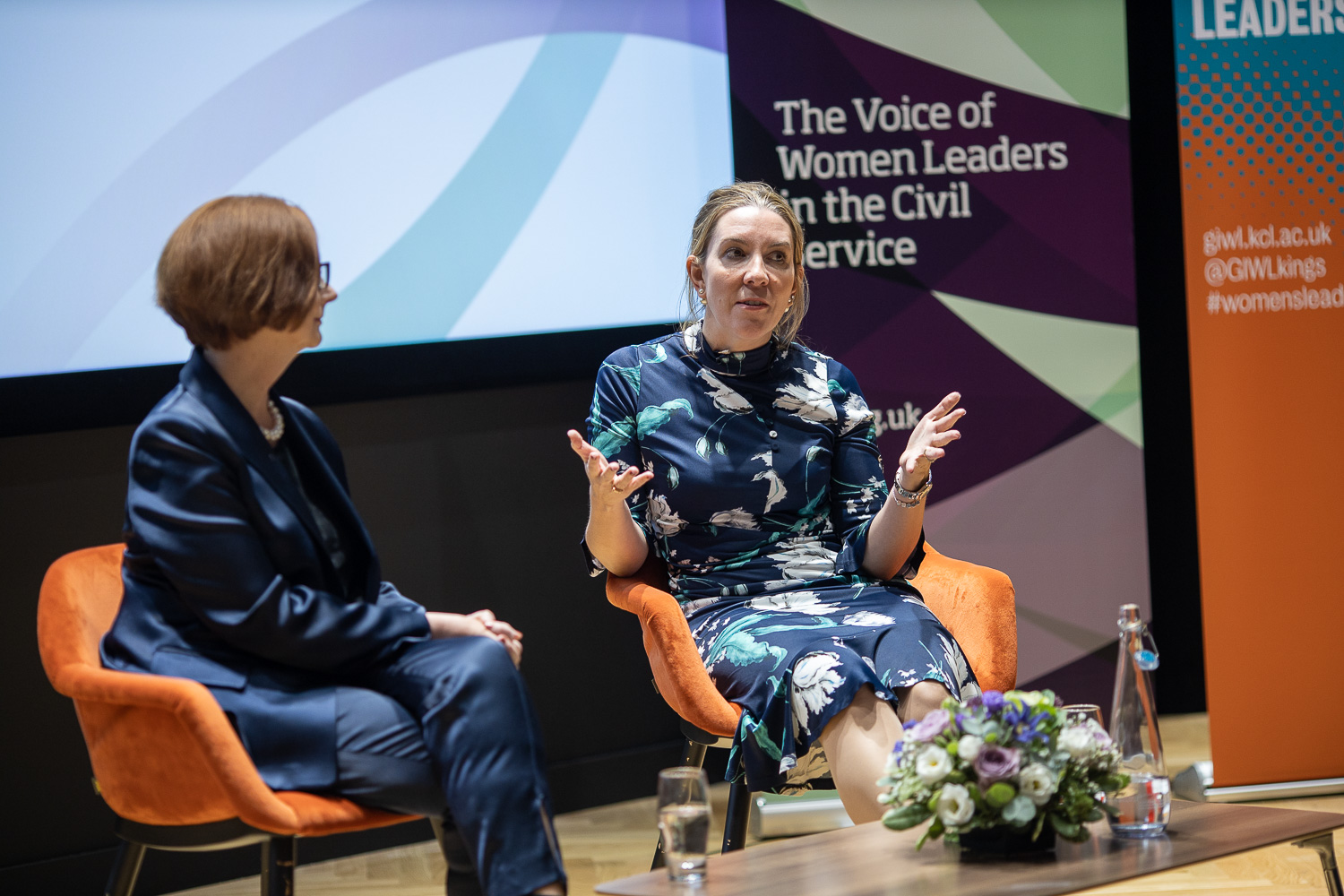Structure over speed: Dame Wendy Hall on artificial intelligence in the civil service

Professor Dame Wendy Hall shares how artificial intelligence can assist the civil service, but shouldn’t be treated as a quick fix.

The UK government’s approach to the use of artificial intelligence (AI) in the public sector has been marked by ambition and potential, but it faces several critical challenges.
On the positive side, the UK has been proactive in recognising the transformative potential of AI in improving public service delivery. Strategic documents such as the National AI Strategy (2021) and the AI Regulation White Paper (2023) laid out a framework intended to position the UK as a global leader in responsible AI. In January 2025, the government published its AI Opportunities Action Plan, which is the current roadmap for the implementation of the national strategy.
However, the approach is often criticised for lacking coherence and accountability. A central issue is the absence of a unified and enforceable regulatory framework. The current “contextual” and sector-based approach to AI regulation – where individual regulators oversee AI in their respective domains – may lead to inconsistencies and fragmented oversight. This model also risks regulatory gaps, especially in areas where responsibilities are unclear or overlapping.
Then in March 2025, the Prime Minister Sir Keir Starmer made a speech in which he said that AI could replace the work of civil service officials when it can operate to a similar standard. This, quite understandably, sent shockwaves through the public sector about potential job losses, AI accountability and transparency and its ability to reliably carry out work currently undertaken by a well-trained work force.
Many roles in the public sector involve repetitive and rules-based tasks — data entry, form processing, scheduling, and some customer service — that are highly susceptible to automation. AI-powered chatbots, natural language processing, and robotic process automation (RPA) are already being piloted to manage citizen inquiries, process benefit claims, and triage NHS appointments. Such technologies can perform these functions faster and at lower cost, but their adoption may render certain job functions obsolete, particularly for lower-paid civil servants.
A policy to gradually introduce AI into the public sector is laudable – there is much potential for productivity and efficiency savings – but I would counsel that this must be done in a structured and thoughtful way. Any AI technology that is proposed to be introduced must be thoroughly tested and evaluated, and retraining offered to people whose jobs might be threatened.
As in most other sectors, there is a general lack of AI literacy and capability within the public sector. While there are pockets of expertise, many departments struggle with digital skills gaps, limiting their ability to effectively procure, evaluate, and oversee AI systems. This imbalance often leads to over-reliance on external vendors, raising concerns about data ownership, vendor lock-in, and long-term sustainability. Education and training must be paramount at all levels, to ensure that the procurement and implementation decisions made lead to the responsible introduction of AI into the workplace, rather than initiating job losses before the AI is proven to be reliable and trusted by the public.
Dame Wendy Hall was co-Chair of the UK government’s AI Review in 2017. She is currently Regius Professor of Computer Science, Associate Vice President (International Engagement) and Director of the Web Science Institute at the University of Southampton.
Latest news
-

FDA’s annual NI conference takes place in Belfast
FDA members in Northern Ireland had the opportunity to hear directly from two current Finance Ministers; Minister of Finance in NI Executive, John O’Dowd MLA and Cabinet Secretary for Finance and the Welsh Language, Mark Drakeford at the FDA NI Section’s annual conference.
-

“An outstanding leader with a proven track record” – FDA responds to Dame Antonia Romeo appointment
The FDA has welcomed the appointment of former Home Office Permanent Secretary Dame Antonia Romeo as Cabinet Secretary, following the departure of Sir Chris Wormald last week.
-

Job Advert: Assistant National Organiser – 14 Month Fixed-Term Contract
An opportunity to join the fastest growing union in the UK.